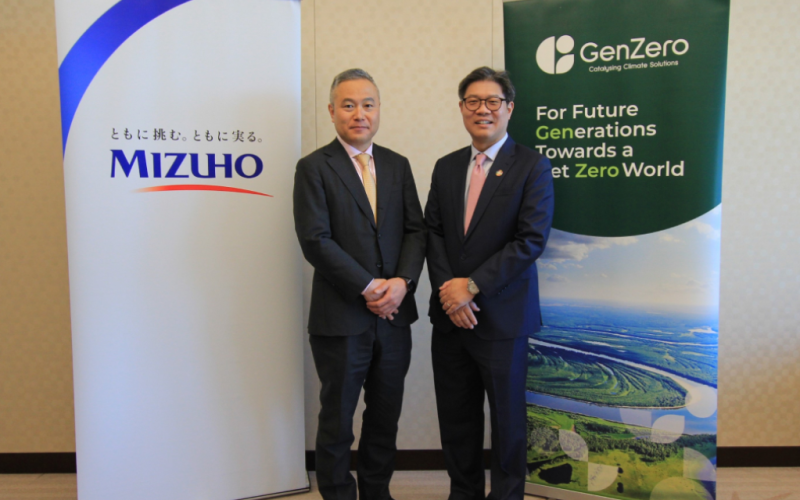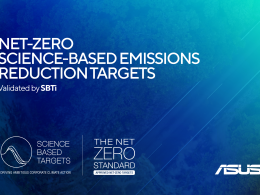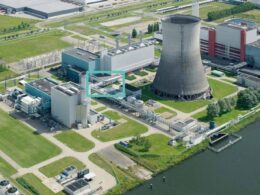Temasek-backed investment firm GenZero has partnered with Mizuho Bank in a deal aimed at mobilising private sector investment to accelerate Asia’s transition away from coal.
The initiative will be funded through transition credits, a new form of carbon credit generated when coal-fired power plants are shut down ahead of schedule and replaced with clean energy sources. Each credit represents one tonne of emissions prevented from being released.
Transition credits are gaining traction as a financing tool for decarbonisation. The Monetary Authority of Singapore (MAS) launched the Traction initiative in 2023, with two pilot projects in the Philippines. Other transition credit schemes are also in development, including efforts led by government agencies and philanthropic organisations.
Recognising the role of the private sector in climate finance, GenZero CEO Frederick Teo highlighted the importance of building awareness and corporate demand for transition credits.
“Private sector capital can augment other sources of finance to scale energy transition solutions and projects,” Teo said.
Mizuho, on its part, will promote transition credits in Japan, working with local partners to build demand. The bank will also explore debt financing for transition credit projects globally, expanding the reach of this emerging financial instrument.
Coal-fired power plants remain the single largest source of global carbon emissions, with Asia accounting for 50% of global greenhouse gas emissions, a third of which comes from coal plants. In Southeast Asia alone, there are around 2,000 coal plants, many of which are currently young, or less than 15 years old. They have a lifespan of 40 to 50 years.
The key challenge in phasing out coal is financial viability. If priced correctly, transition credits could compensate plant owners and investors while funding new renewable energy projects.
A pilot project under the Traction initiative, involving GenZero, Keppel, and Acen, aims to retire a South Luzon coal plant in Batangas City by 2030, a decade ahead of schedule, and replace it with a solar plant and battery storage system. This early closure could prevent up to 19 million tonnes of emissions.
A second pilot project in the Philippines involves shutting down a 232MW coal plant in Mindanao by 2026, five years ahead of schedule. However, reports suggest Philippine authorities may pause the closure due to maintenance work on a hydropower complex that supplies the region.
For transition credits to become a viable market, strong demand and investor confidence are crucial. A report by the Traction coalition in November 2024 highlighted risks such as project delays and emissions shifting elsewhere, which could undermine the credibility of transition credits.
Global discussions on innovative climate finance mechanisms, including transition credits, are gaining momentum. At the 2024 UN climate talks in Azerbaijan, wealthy nations committed US$300 billion annually by 2035 to support developing countries in mitigating climate change. The broader goal is to mobilise US$1.3 trillion per year, with the private sector expected to play a leading role.
Rueban Manokara, global lead for carbon finance at the World Wide Fund for Nature, noted that private investors have historically financed fossil fuel expansion. Now, they are also in a position to drive the transition to clean energy through structured financial mechanisms.
“With the right regulatory and policy support, the private sector can incentivise coal plant owners to accelerate their exit from coal,” Manokara said.
The GenZero-Mizuho partnership underscores the growing role of private sector financing in decarbonisation and highlights the potential of transition credits in funding Asia’s clean energy transition.


















